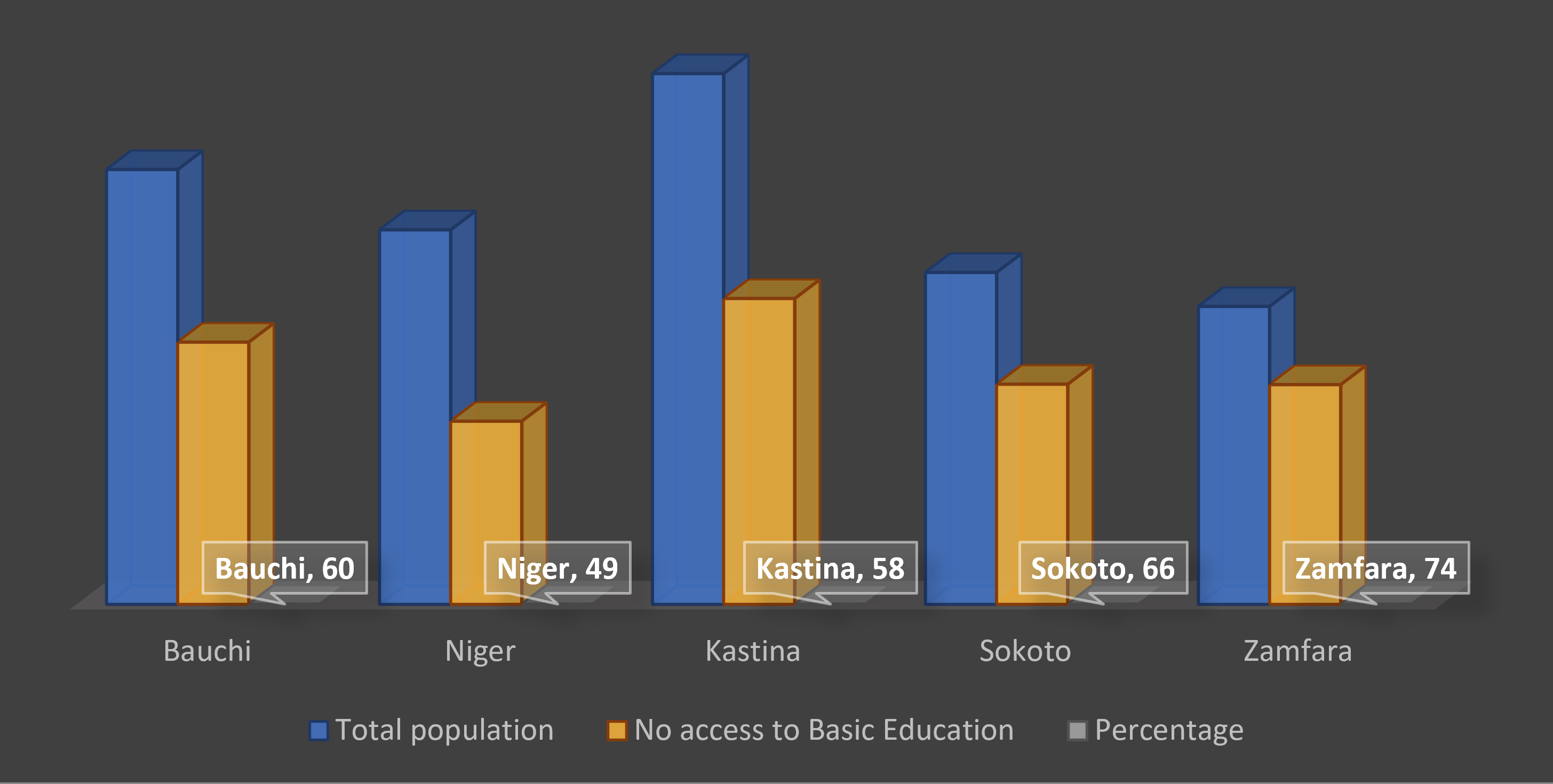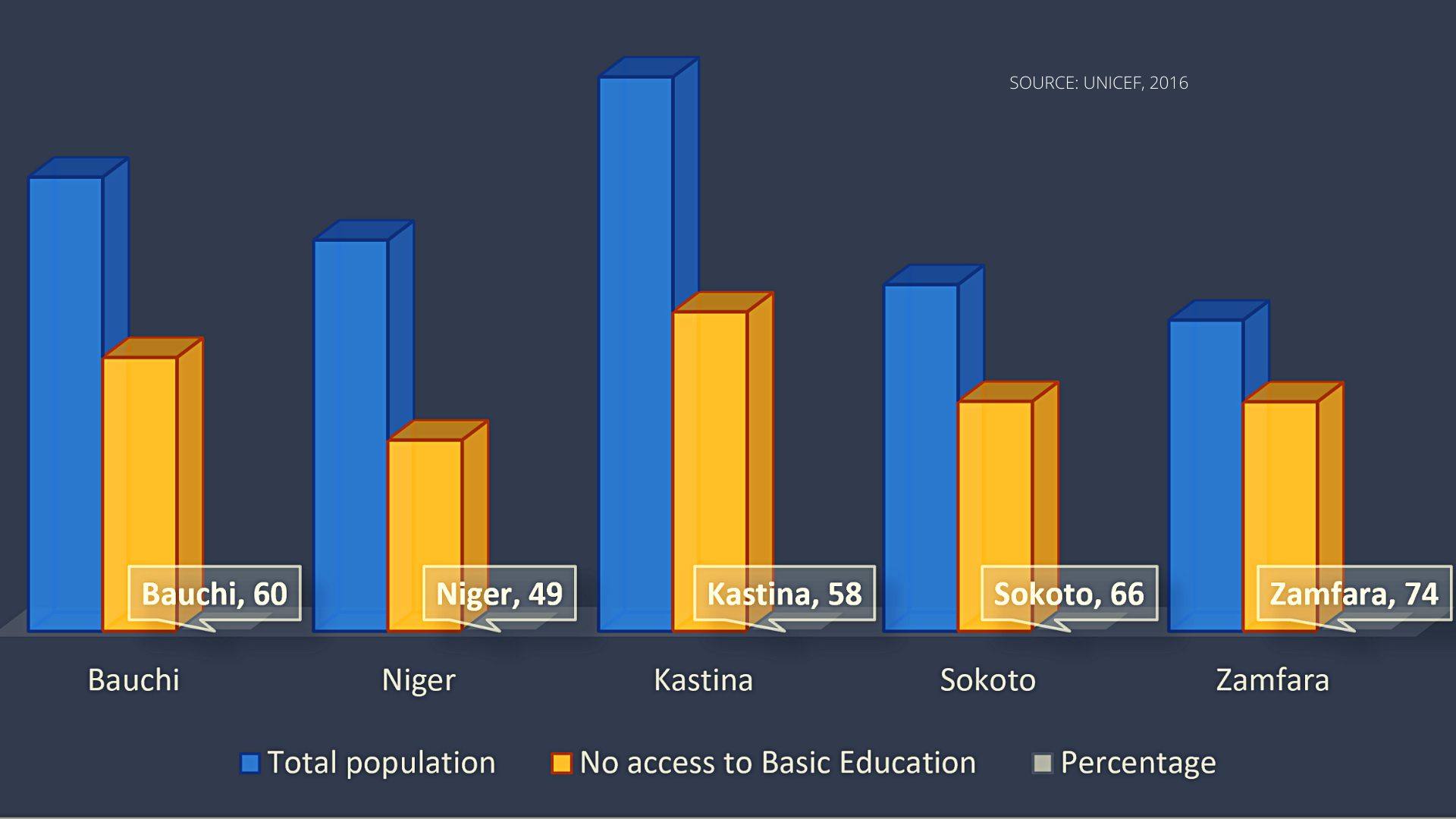The impact of COVID-19 has exposed the uncertainties of most economies worldwide, especially those of developing nations like Nigeria. The reduction in oil revenue due to the COVID-19 pandemic could prevent Nigeria from achieving its financial targets for 2020. This has forced a budget shortfall of 5.3 trillion will be funded by the International Monetary Fund, the African Development Bank, and other development partners. The Vanguard reports that government of Nigeria is on the verge of slashing basic healthcare budget from an initial N44.49 billion to N26.5 Billion. This difference is approximately 40 per cent, nearly halve of the initial sum. In education, the cut is from a potential N111.78 Billion to 61.02 Billion. The shortfall is a whooping 45 per cent. With 43 million children, the government is only willing to spend about N1, 189 per child in the 2020 fiscal year.
The health and education sectors are important to the wellbeing of Nigerians; especially that of poor communities, and the social and economic development of the citizenry. According to a report by UNICEF in 2016, Nigeria has the largest number of children that are not receiving basic education worldwide. With about 10.5 million to 13.2 million children that are out of school, Nigeria represents 45 per cent of children that are out of school in West Africa. These numbers could increase profoundly even though public primary is officially free and compulsory. The effects of the budget cut on Universal Basic Education Commission (UBEC) may result to millions of children with little or no access to education, especially in regions with persons with low income such as the Northeast region and the Niger Delta area of Nigeria. Figure 1 shows that Niger has 49 per cent of its children population that have no access to basic education. The figure is more in Zamfara, about 74 per cent.



